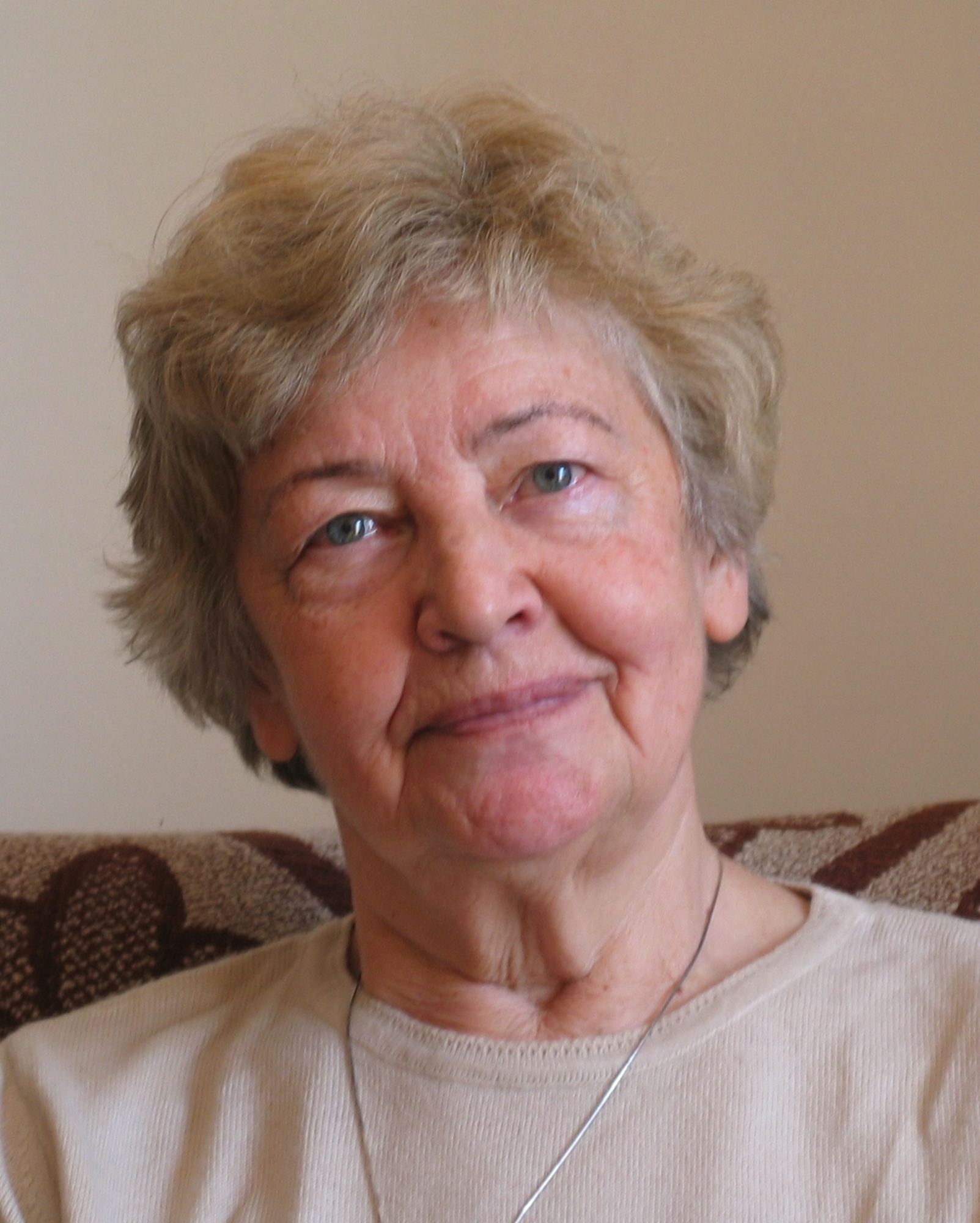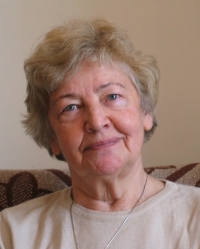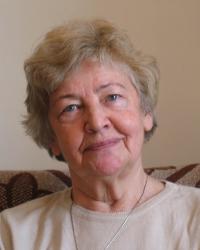We still had Polish citizenship, but suddenly we found out that we would be citizens of the Soviet Union again

Stáhnout obrázek
Born on 11 February 1931 in Drohobych (Lviv voivodship, Second Polish Republic). Maiden name - Frydlewicz. Her father was a lawyer, her mother a history teacher. Zofia Ciesielska’s father was arrested on the night of 10/11 April 1940, following which he was murdered in Kiev. Two days later the rest of the Frydlewicz family was arrested. They were deported to Kazakhstan, where Zofia Ciesielska as an 11-year-old girl was forced to hard physical labor. In Kazakhstan she managed to finish 5th class of elementary school. Zofia Ciesielska returned to Poland together with her mother and sister in June 1946. She graduated from the biological faculty in Warsaw and since 1954 she had been working as an assistant at the Polish Academy of Sciences. Later on she moved to Cracow to work for the Pedagogical University. Since May 1989 she is a member of the Cracow Siberian Survivors’ Association and since 1995 she belongs to the Association of Katyń Families in Cracow.

